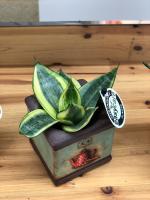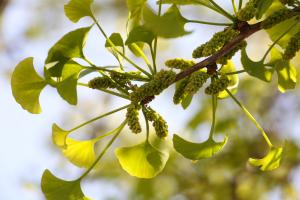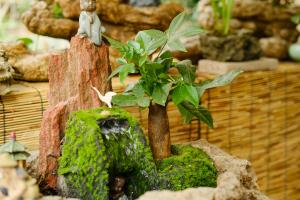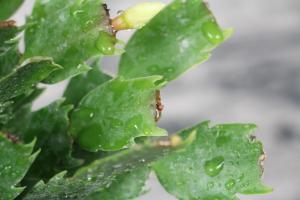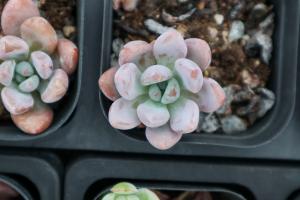How to Plant a Poppy
Poppies have vibrant, showy blooms that brighten up any garden. They are relatively easy to grow and can thrive in a variety of environments. If you want to add some poppies to your garden, here鈥檚 how to plant and care for them.
Preparing the soil
Poppies grow best in well-draining soil that is slightly acidic. To prepare the soil for planting, start by removing any debris, such as rocks or sticks. Turn the soil over with a garden fork or tiller to loosen it up, then mix in compost or other organic matter. This will help improve drainage and provide nutrients for the poppies.
Choosing a location
Poppies prefer full sun, so choose a spot in your garden that gets at least six hours of sun each day. Make sure the location is also well-draining, as poppies can be susceptible to root rot in areas with poor drainage.
Planting the seeds
Plant poppy seeds in the fall or early spring. Scatter the seeds over the prepared soil and lightly cover them with soil or sand. Water the seeds gently and keep the soil moist until the plants begin to grow.
Caring for poppies
Poppies don鈥檛 require a lot of maintenance, but they do have a few specific needs. Keep the soil moist but not waterlogged, as too much water can cause root rot. Apply a balanced, slow-release fertilizer to the soil in the spring and again in the fall. Mulch around the base of the plants to help retain moisture and suppress weeds.
Harvesting poppies
If you plant poppies with the intention of harvesting them for their seeds, wait until the pods have turned brown and dry before harvesting. Cut the pods from the plants and allow them to dry further in a warm, dry place. Once the pods are completely dry, shake them gently to remove the seeds.
In conclusion, planting poppies can be a rewarding and relatively easy way to add color and interest to your garden. By preparing the soil, choosing the right location, and providing proper care, you can enjoy these beautiful flowers year after year.

 how many times do yo...
how many times do yo... how many planted tre...
how many planted tre... how many pine trees ...
how many pine trees ... how many pecan trees...
how many pecan trees... how many plants comp...
how many plants comp... how many plants can ...
how many plants can ... how many plants and ...
how many plants and ... how many pepper plan...
how many pepper plan...
